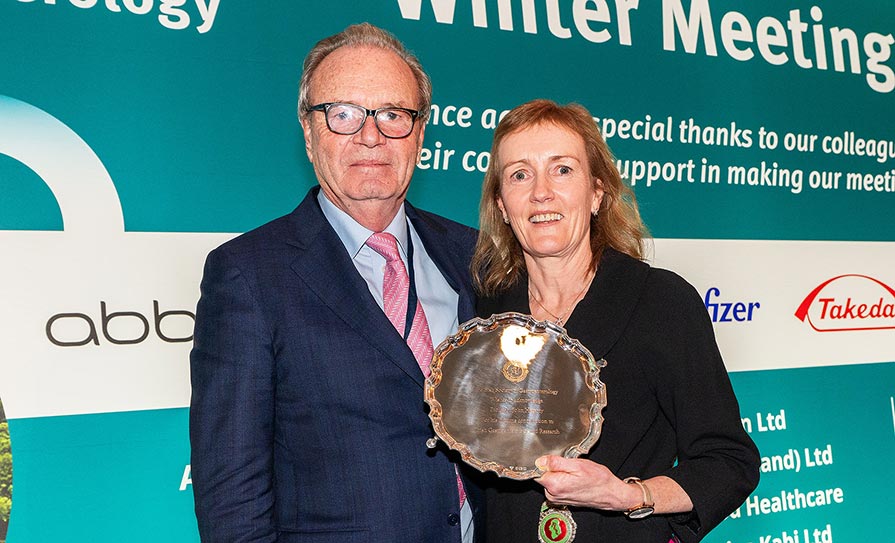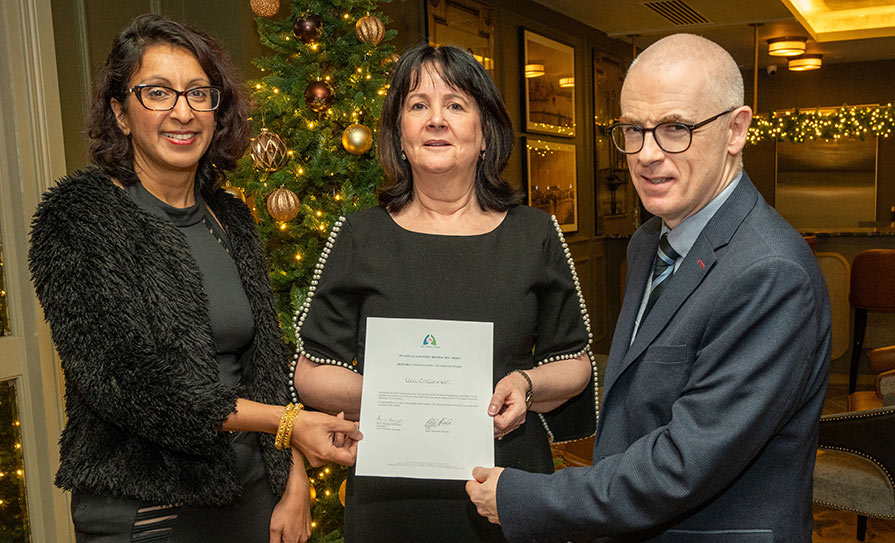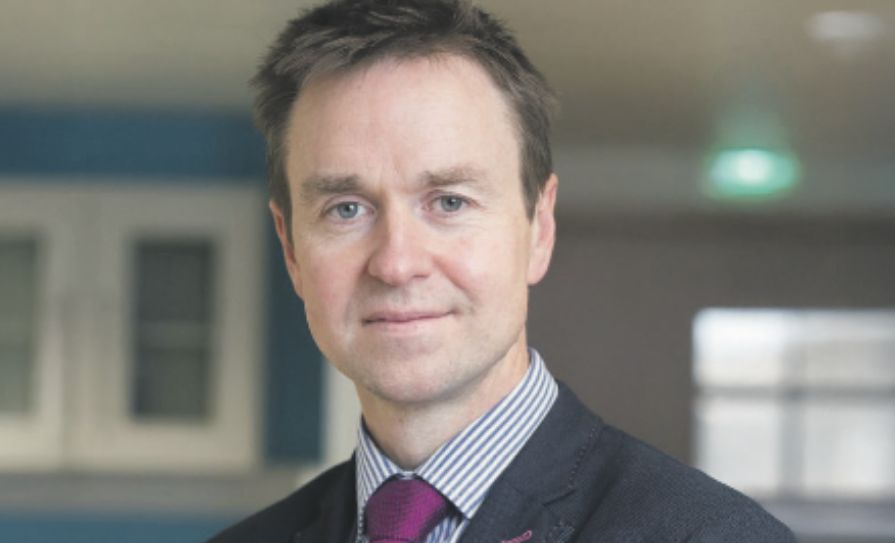Women face “a lot of barriers” in accessing folic acid and receive “confused” public health messages, thereby increasing the risks of neural tube defects (NTDs) in their children, according to a presentation at the ICGP annual conference in Dublin.
Dr Sinéad Howley, GP and Co-ordinator of Folic Acid Awareness Campaign Ireland, noted there was no education in schools on the importance of folic acid. She said this contrasted with Canada, where it was public policy to inform 12-year-olds about taking a daily folic acid supplement.
Since 1993, the policy in Ireland has been to provide advice to all women of child-bearing age who are capable of becoming pregnant, whether planning to do so or not, to take 400mcg of folic acid daily as a supplement.
However, Dr Howley said lack of school-level education “becomes a real problem”, especially in socially-deprived areas where pregnant teenage girls present to healthcare having “never heard” of folic acid. “That is not their fault because we never told them,” she added.
The GP also referred to “misleading imaging and labelling” on many folic acid products, such as pictures of heavily pregnant women, giving the false impression that women should only start taking folic acid when pregnant.
Dr Howley further referred to confusing messages from State health bodies. For example, the safefood website advised “all women who are sexually active” to take folic acid. “It is hard to define what is sexually active… If you haven’t had sex in a year, should you be taking it? Yes, if you are of child-bearing age.”
“Neural tube defects are really severe and I think it is worth doing as much as we can to support women, giving the accurate information.” The two main forms of NTDs are anencephaly, a fatal foetal abnormality; and spina bifida, the most complex physical disability compatible with life.
Every year, around 35 children join the service for spina bifida at Children’s Health Ireland, Temple Street, Dublin. There is no cure for the condition, which is preventable in most cases. Dr Howley urged GPs to have an opportunistic conversation with women, such as when they presented for smears or contraception.
She also recommended food fortification but described this as just a safety net.













Leave a Reply
You must be logged in to post a comment.